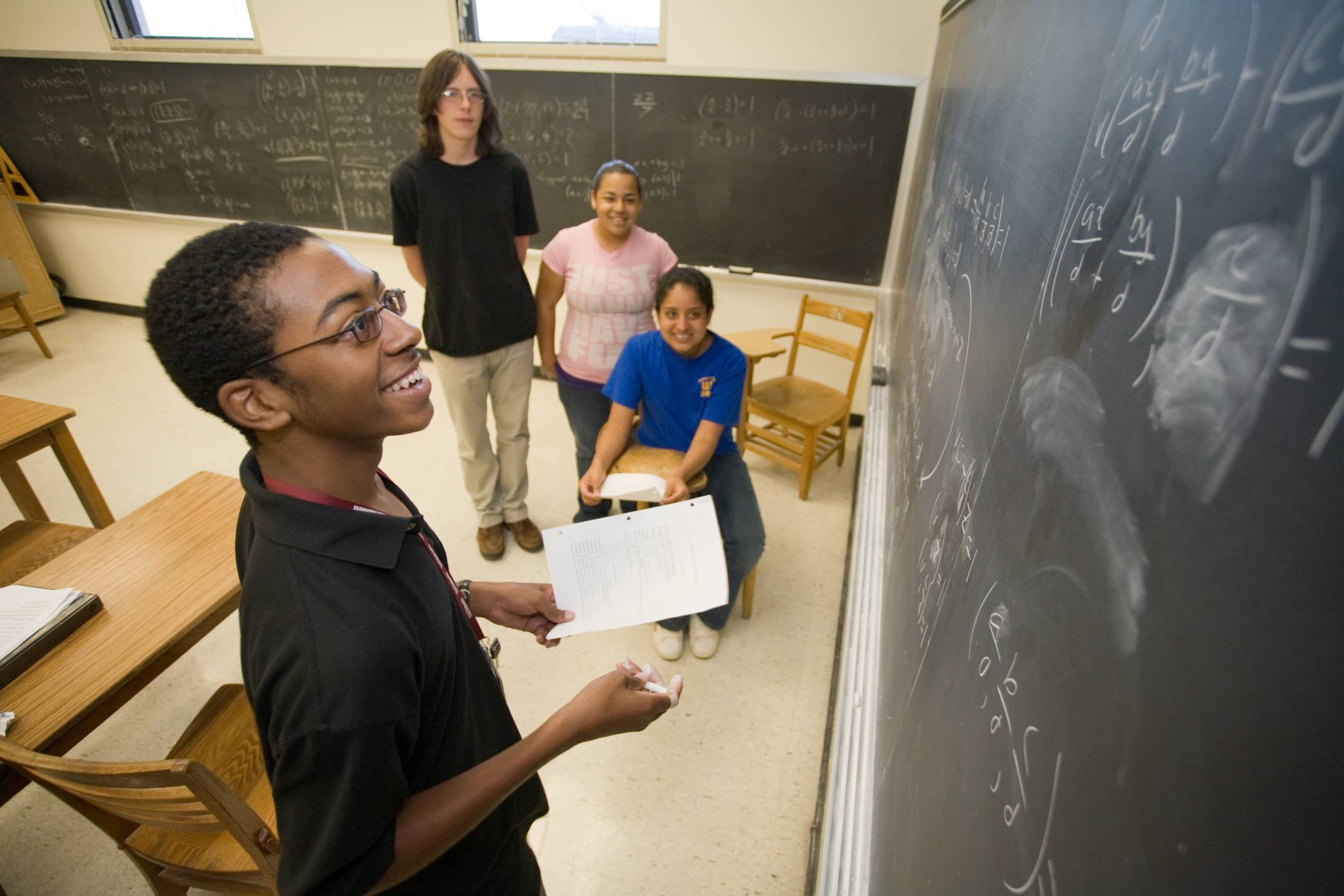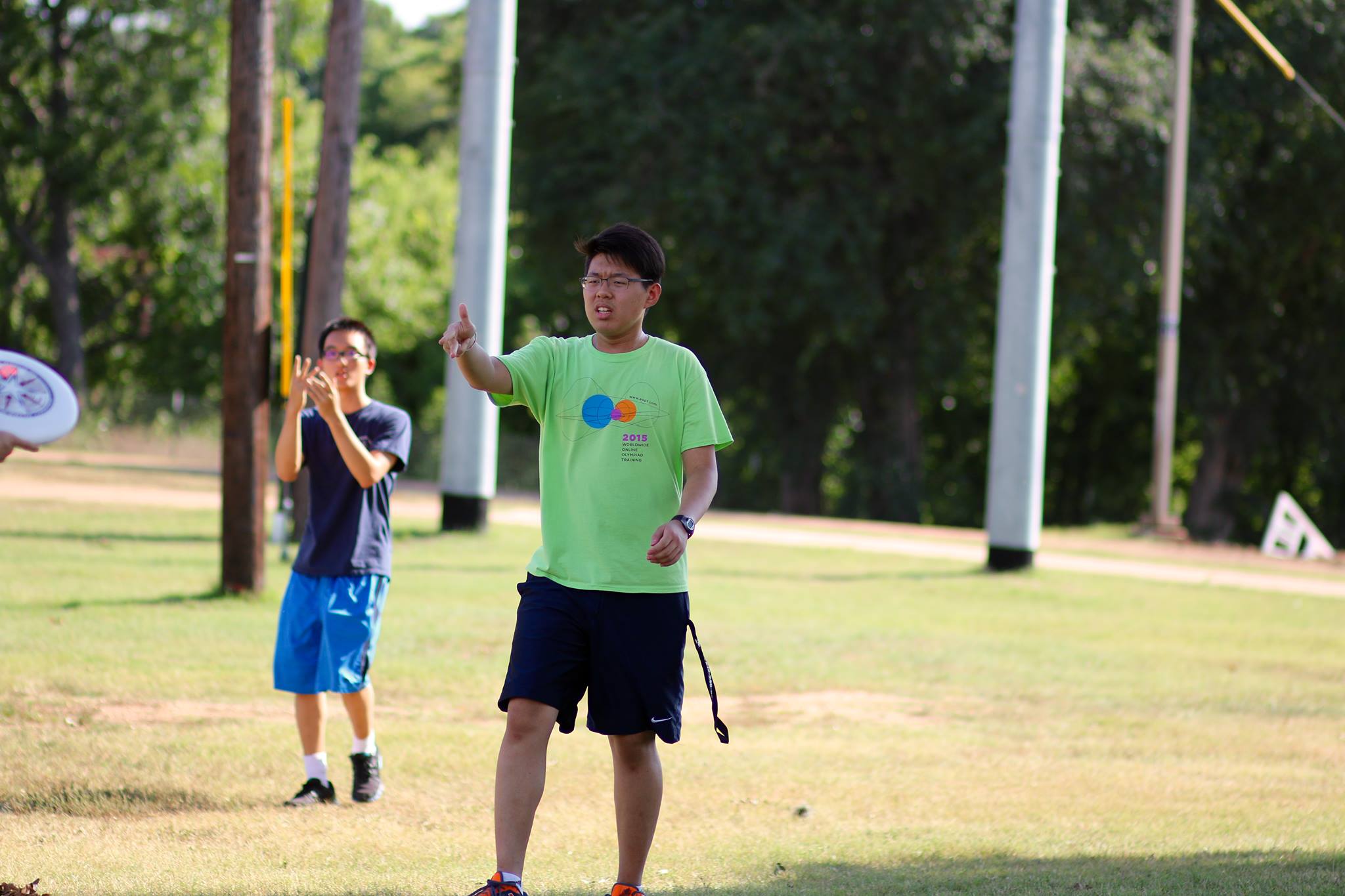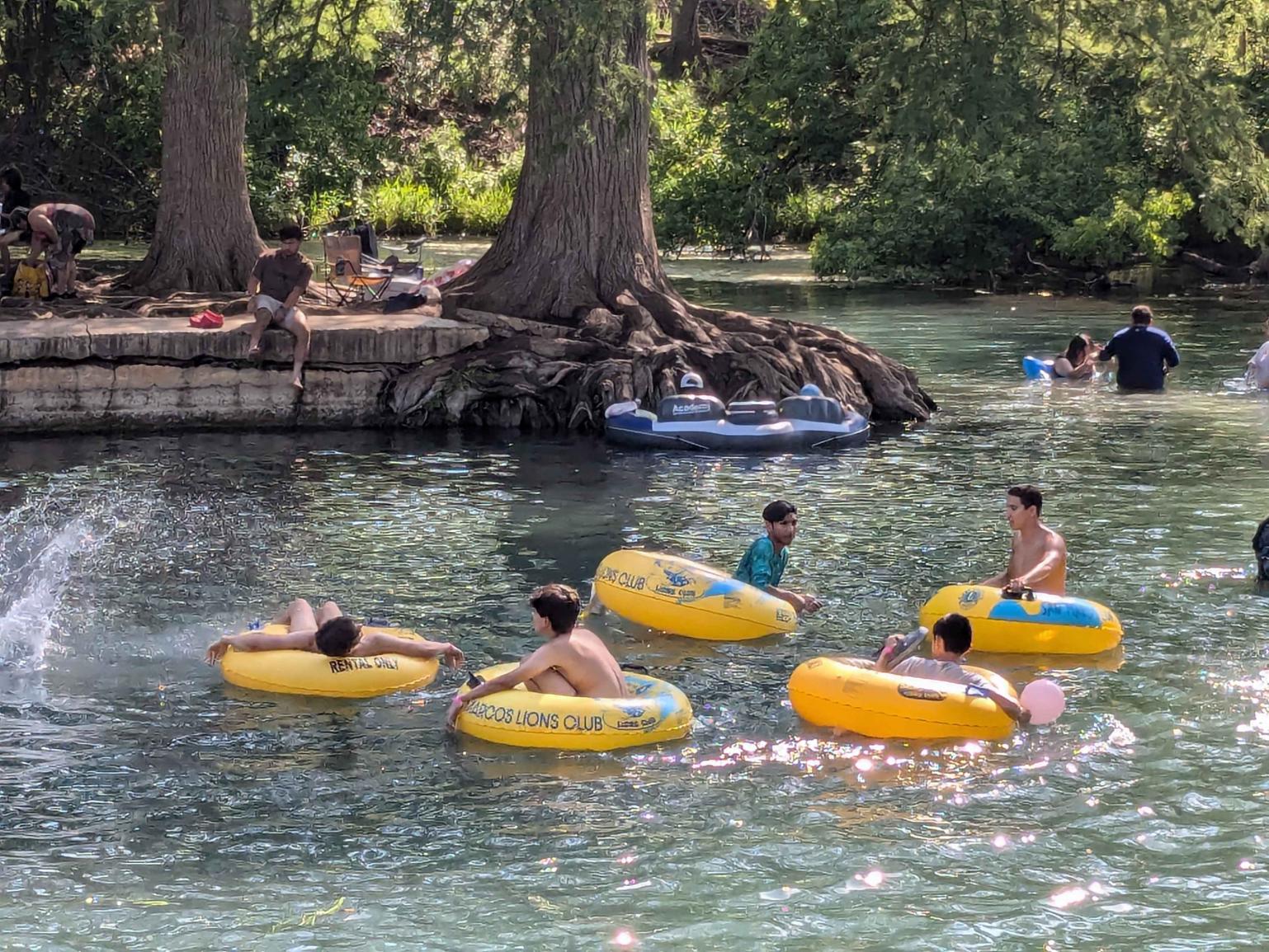


Sample Daily Schedule
| TIME | Event Name | ||
|---|---|---|---|
| 1st-year Students | 2nd-year Students | 3rd-year Students | |
| 7:00-8:00am | Breakfast | ||
| 8:00-9:15am | Number Theory | Research Projects | |
| 9:20-10:20am | Honors Seminar | Research Projects | |
| 10:30-11:30 | Guest Speakers | Research Projects | |
| 11:30-12:30pm | Lunch | ||
| 12:30-1:30pm | Problem Session/Python Lab | Abstract Algebra | Combinatorics |
| 1:35-2:35pm | Problem Session/Python Lab | Analysis | Topology |
| 3:00-5:00pm | Recreation and Free Time | ||
| 5:00-6:00pm | Dinner | ||
| 6:00-10:00pm | Study Group | ||
-
Can you describe the courses?
- Elementary Number Theory provides a solid foundation for all students in mathematics. This course covers basic properties of integer arithmetic, including unique prime factorization, Euclid’s algorithm, Diophantine equations, modular arithmetic, congruences, induction, well-ordering, quadratic residues and quadratic reciprocity.
- Python Computer Lab enables students to explore the application of ideas discussed in the Number Theory and Problem Solving courses. Students use the Python software to model real world problems. Specific applications include coding theory, public key encryption, testing for primes, and the Chinese Remainder Theorem.
- Honors Seminar - modeled after Honors Programs offered at many top-tier colleges, the Honors Seminar is an interdisciplinary course that challenges students intellectually through rigorous standards of analysis, preparing them to conduct their own research in the future. Hands-on learning experiences introduce students to concepts of teamwork and critical thinking. Reading discussions and guest speakers add fundamental and thought-provoking theories from multiple perspectives. The capstone project for the course is an entrepreneurship activity that includes a final group presentation.
- Combinatorics, Abstract Algebra, and Analysis, provide returning students with a firm foundation in fundamental areas of mathematics, while building on ideas from the first year.
- Study Group - students are assigned into groups of 3 or 4, and provided guidance by an undergraduate mentor (counselor) to work on the daily problem sets. This intensive collaboration allows students to delve deeply into the mathematics, and think carefully about each question. Teamwork and communication skills are developed as students work together in the exploration of mathematical theorems.
-
Can you describe the free time and weekend activities?
Students live in a campus dormitory under the supervision of camp counselors (undergraduate mentors) who are HSMC alumni with a ratio of 1 counselor to 4 students. All students have free use of the University's Student Recreation Center, which offers basketball courts, volleyball courts, racquetball courts, an indoor track, and a swimming pool.
There is a guest lecture each Friday afternoon by a speaker from academia or industry, followed by a picnic with games and socializing at the local park.
Weekend activities include (subject to change):
- Team Building and Wimberly Glassworks
- Shopping at San Marcos' famed Outlet Malls
- Tubing down the San Marcos River
- Visiting Bamberger Selah Ranch
- Attend a Circle Arts Theatre production
-
What can I expect to develop by attending camp?
The HSMC courses nurture
- Rigorous reasoning and logic skills (through experiences in mathematical proof-writing)
- Creative problem identification and solving skills
- Excellent teamwork and collaboration skills
- Mindsets to tackle open-ended problems
- Great communication and presentation skills
